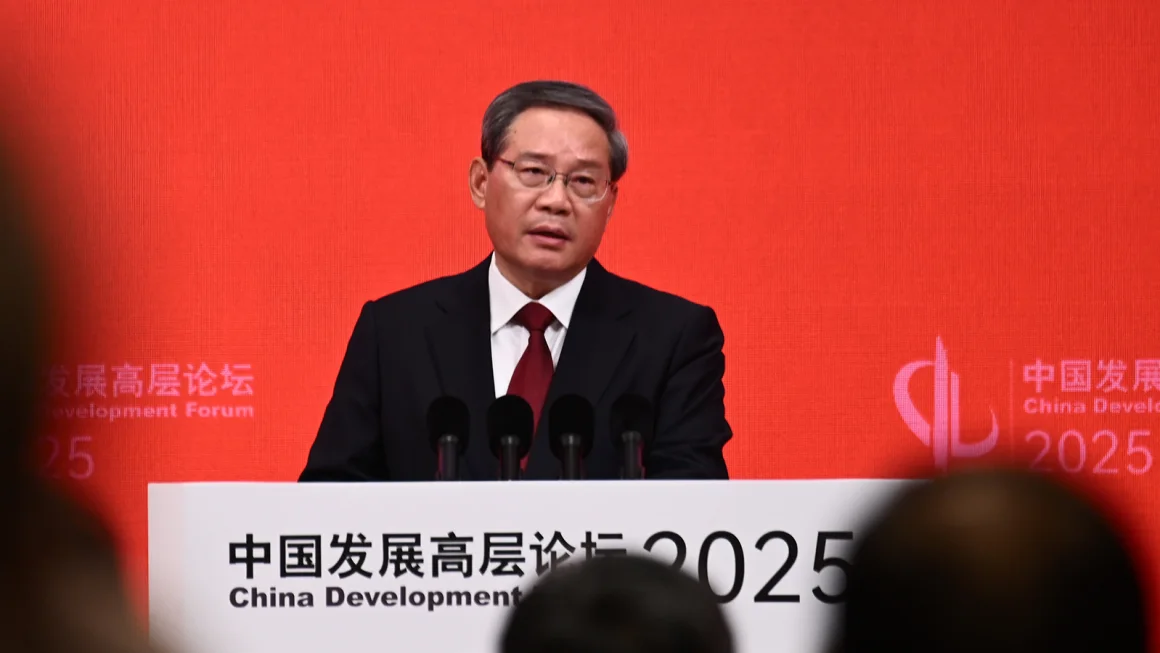PARIS – The rapid rise of generative artificial intelligence (AI) is raising alarm about its significant ecological impact, a central issue to be discussed at an upcoming global summit in Paris on February 10-11. The environmental cost of the technology, which powers everything from chatbots to complex data analysis tools, has come under increasing scrutiny as its popularity grows.
Here are some key figures highlighting the environmental effects of generative AI as we move into 2025:
- Ten times Google’s Power Consumption
Every request made to OpenAI’s popular chatbot consumes 2.9 watt-hours of electricity. This is ten times more energy than a single Google search, according to the International Energy Agency (IEA). With OpenAI’s ChatGPT now boasting 300 million weekly users and processing over a billion requests per day, the demand for energy continues to soar.
Beyond ChatGPT, there are thousands of generative AI chatbots in use. A survey by French pollsters Ifop found that 70 percent of young people aged 18 to 24 in France use generative AI. Similarly, a Morning Consult poll showed 65 percent of American teenagers use the technology, with nearly half of the general population engaging with AI.
- A Power-Hungry Industry
Data centres are the backbone of generative AI, storing vast amounts of information and computing power. In 2023, these centres were responsible for nearly 1.4 percent of global electricity consumption, and by 2030, their energy consumption is projected to hit 3 percent, or 1,000 terawatt-hours (TWh). This figure is roughly equivalent to the combined annual energy use of France and Germany. The IEA forecasts a 75 percent rise in data centre energy usage by 2026 compared to 2022 levels, which could lead to electricity shortages for up to 40 percent of data centres by 2027. - The Carbon Emissions of Training AI Models
Training large language models (LLMs) that power chatbots generates significant greenhouse gas emissions. Research from the University of Massachusetts Amherst in 2019 estimated that training a single LLM could produce around 300 tonnes of CO2, equivalent to 125 return flights between New York and Beijing. This environmental toll is expected to grow as more models are developed. Despite these estimates, experts note that it is difficult to assess the overall carbon footprint of generative AI due to a lack of transparency regarding the production processes of these models. - Water Consumption and Cooling Demands
Generative AI technologies also require vast amounts of water, primarily for cooling computer hardware. For example, the GPT-3 model uses about half a litre (one pint) of water for every 10 to 50 responses generated. With rising demand, AI is expected to consume between 4.2 billion and 6.6 billion cubic metres of water by 2030, roughly four to six times the annual water consumption of Denmark. - The Growing Problem of Electronic Waste
The rapid expansion of AI applications has led to a surge in electronic waste. In 2023, an estimated 2,600 tonnes of electronic waste, including graphics cards, servers, and memory chips, was generated by generative AI. This number is projected to rise to 2.5 million tonnes by 2030 if current trends continue, which is equivalent to the disposal of approximately 13.3 billion smartphones. Additionally, AI hardware requires rare metals for production, and the mining of these metals often results in harmful environmental impacts, particularly in regions such as Africa.
The ecological challenges posed by generative AI are significant, and efforts to address them are still in their early stages. As the industry grows, so too will the conversation about its sustainability and how it can be developed in an environmentally responsible manner.
For further insights on AI and its global implications, check out these related articles:














